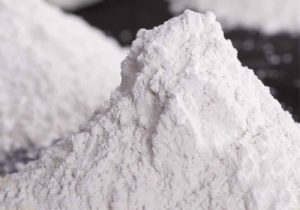
CP-992 Organophilic clay
CP-992 Organophilic Clay, the wet process improved viscosifier and gelling agent . It is a rapidly dispersing.
Oil based organo clay : This is a solvent based organo clay bentonite. Of course, Camp Shinning also produce water based organic bentonite clay, it depends on your system. In the organic bentonite of oil-based system, we include low polarity, ultimate and medium to high grade organic bentonite. They have different dispersion capabilities. If you use them as pre gel in some models, their dispersion will be more effective. Of course, we also have some models that can be directly added with dry powder, so the dispersion effect is particularly obvious.
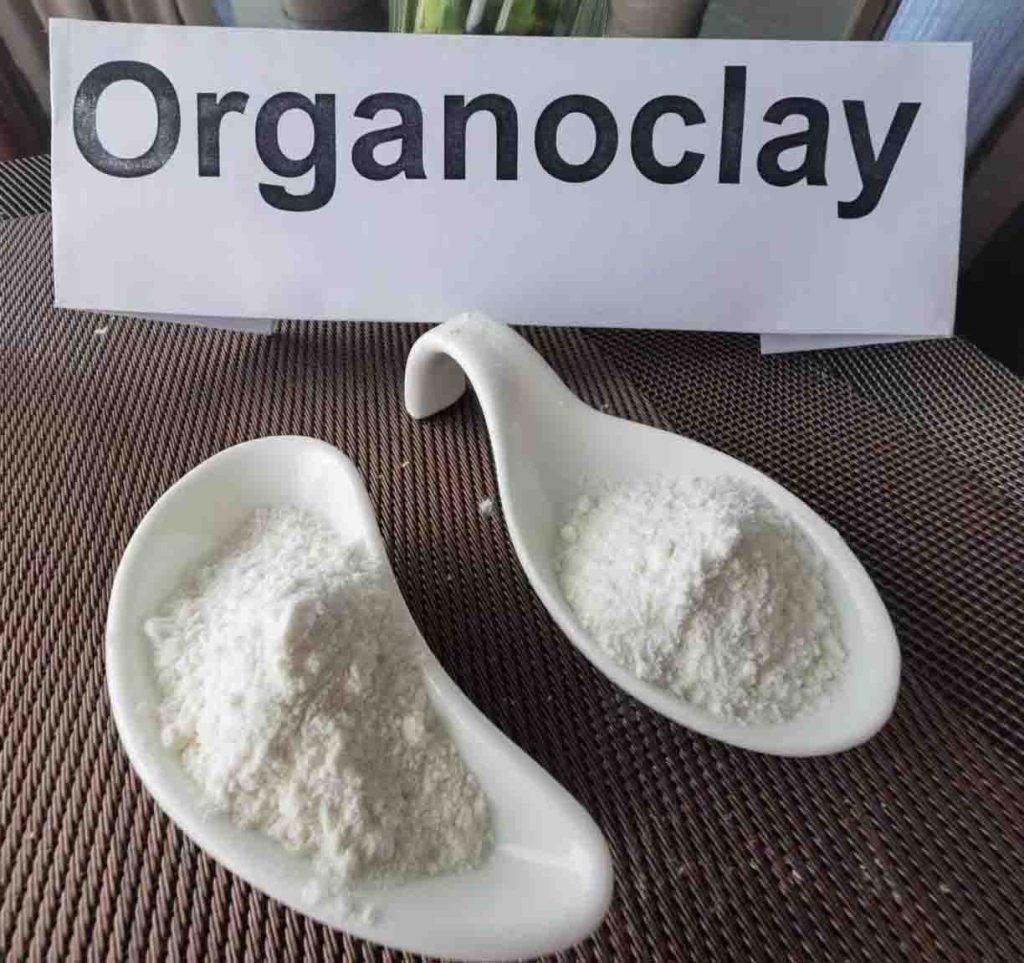

CP-992 Organophilic Clay, the wet process improved viscosifier and gelling agent . It is a rapidly dispersing.

CP-982 Organophilic Clay is an amine treated bentonite with a moderate temperature performance.

CP-150 Organophilic Clay is a self-activating organoclay that disperses easily and performs well in diesel, low aromatic mineral oil, modified vegetable oil, and synthetic base fluid formulations.
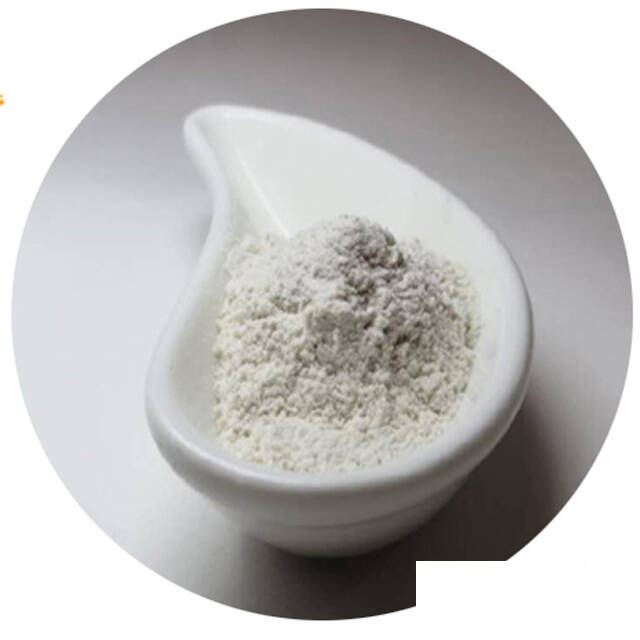
Oil based organo clay: Do you require a more effective method to create your oil-based paints, coatings, and inks? For you, our oil-based organo clay is the ideal choice. It is created with premium components that will give your products the performance they require. You won’t have to be concerned about your prod

CP-10 organoclay is a rheological additive made of organoclay. It is used in non-polar to moderately polar aliphatic and other solvent systems

CP-MPZ organoclays is an modified bentonite that is used in solvent and resin systems ranging from non-polar to highly polar.

The CP-MPS rheology modifier is a type of organo clay rheological additive that is used in solvent and resin systems ranging from non-polar to high polarity.
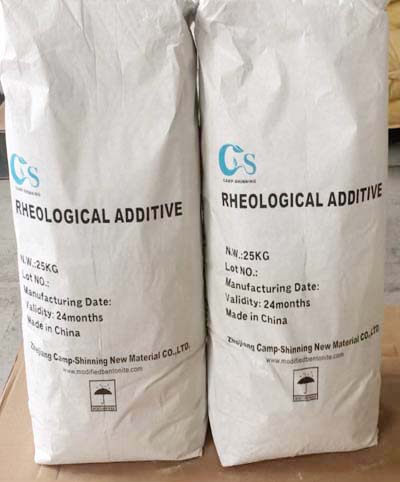
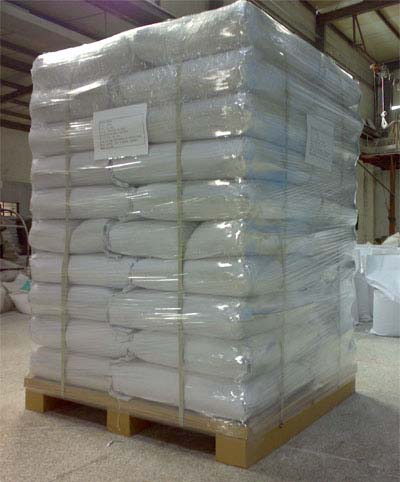
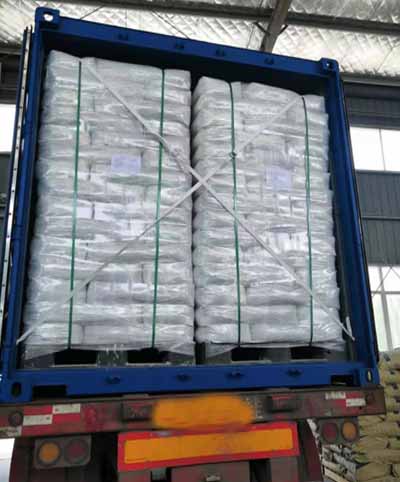
Organoclay Supplier / Manufacturer :
Internet address: https://www.rheologymodifiers.com/
Email address: [email protected]
Whatsapp / Wechat: +86-13185071071
Organophilic Clay Supplier / Manufacturer :

CP-EW Organoclay for Water Based paint. It is primarily employed in water borne paint systems,such as latex paint. So it is a good water based additive in paints,coatings,grease etc.

CP-EWS Modified bentonite It is employed in a water-borne coatings system. CP-EWS organoclay outperforms CP-EW in terms of thixotropy, transparence, and dispersion.

CP-WBS Rheology Modifier is rheological modified bentonite. It is mostly employed in water-borne systems.


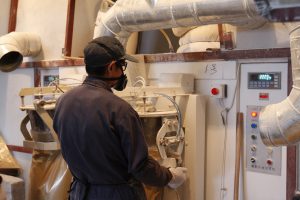
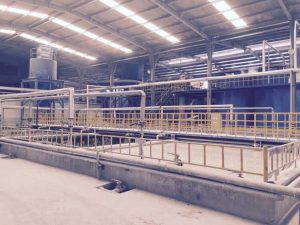

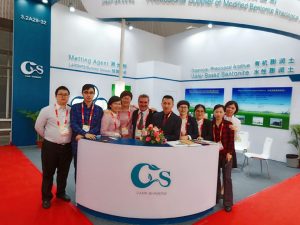
The Organoclay bentonite | Organophilic clay -specialized Zhejiang Camp-Shinning New Material CO.,LTD. and Hangzhou Camp-Shinning CO.,LTD. are subsidiaries of Camp-Shinning.
Camp-shinning concentrated on high value-added, high-technology organo bentonite series products, particularly in research, development, manufacturing, and sales of organic (solvent based organoclay) and inorganic bentonite (water based organoclay).
Our Organophilic bentonite clay finds widespread application in oil drilling mud, paint, coating, lubricating grease, adhesive, construction mortar, cosmetics, and waste water treatment, among other applications. A group of world-class professional users and distributors, such as SUN CHEMICAL,,SIEGWERK,LEHMANN &VOsS, and others, have acknowledged our dependable quality.
Current annual production of organic bentonite clay | organoclay is 20,000 metric tons, while refined bentonite production is 15,000 metric tons.
Our ISO 9001 quality system certification and IS014001 environmental management system certification, as well as our own mine with superior ore quality and production of proprietary technology, ensure the long-term quality and supply stability of our Organoclay bentonite | Organophilic clay.
Our mission is to provide users with superior Organoclay bentonite | Organophilic clay and services and to collaborate with them to achieve success and glory.
Internet address: https://www.rheologymodifiers.com/ and email address: [email protected]
Whatsapp / Wechat: +86-13185071071
Organoclay | Organophilic Clay CP-2 also named amine treated Bentonite.
In diesel oil based fluids,organophilic clay viscosifier CP-2 are used to increase carrying capacity and suspension properties, providing support for weight materials and improved cutting removal. Organophilic bentonite also aids in filter-cake formation and filtration control.
Properties
Composition Organically modified bentonite clay
Physical appearance Off white to tan free-flowing powder
Moisture content (105℃,2hr) ≤4%
Particle size (<76μm or 200mesh) ≥95%
Specific Gravity 1.6-1.8
Advantages
Effective viscosifier and gellant
Aids control of fluid loss to the formation
Increases emulsion stability
Improves cuttings carrying and hole cleaning capacity
Suspends weighting materials and other solids
Confers temperature stability to the fluid
Application
Base oil:
Diesel Oils
Crude Oils
Mineral Oils
Synthetic Oil
Viscosifying drilling Fluids:
Oil based drilling fluids
Invert emulsion fluids
Workover fluids
Completion fluids
Casing packs
Packer fluids
Spotting fluids
Package
Organoclay | Organophilic Clay CP-2 is packed in 50lb(22.7kg) or 25kg/bag or customized,multi-wall paper sacks or Kraft paper bag with PE liner or customized.
Storage
CP-2 Store in a dry, well-ventilated area with temperature of 0℃-30℃. Keep container closed. The quality guarantee period is 24 months.
Notice
The information on use is based on data which are believed reliable, but any recommendation or suggestion made is without guarantee or warranty, since the conditions of use are outside our control. All products are sold on the conditions that purchasers shall make their own tests to determine the suitability of such products for their purpose and that all risks are assumed by user. We disclaim any responsibility for damages resulting from careless or improper handling or use. Nothing herein is to be taken as permission, inducement or recommendation to practice any patented invention without a license.
Internet address: https://www.rheologicaladditive.com/ and email address: [email protected]
Whatsapp / Wechat: +86-13185071071
Oil based organo clay Paints, coatings, inks, and other products are produced using organoclay bentonite thickeners. Its main function is to make the paint viscous, which prevents pigments from settling. It may be utilized in bituminous, traffic, ornamental, and anticorrosive paints. Inks for printing are also made using it. Oil based organo clay An organically altered kind of the clay mineral bentonite is known as organoclay. It can absorb up to seven times its weight in water and 40 to 70 percent of its weight in oil, both of which are high absorption capacities. It is utilized in a wide range of products, including printing inks, anticorrosive paints, grease lubricants, and road paints. Organoclay has the ability to thicken paint or other liquids, and this ability is based on the particle size. It has the ability to thicken paint and other fluids without fully or partially drying by acting as a thixotropic agent. Organoclay’s chemical makeup is influenced by a number of variables, including as the desired thickening type, the timing of integration, and additional formulation additives. The right thickener selection can have a significant impact on paint consistency, including color acceptance and stability after color addition. Additionally, the proper dosage and selection of dispersion agents will raise the paint’s solids content. The thixotropy and viscosity characteristics of bentonite clay make it a superior liquid thickener. Additionally, it possesses anti-sagging qualities. For thickening paints and other liquids, bentonite is a natural, reasonably priced, and ethical choice. Oil based organo clay Vehicle undercoating also uses organoclay bentonite thickeners in addition to paint. This substance is a more affordable substitute for asphalt. Organoclay’s main drawback is that it needs a polar activator to give thixotropy. Low-molecular-weight alcohols and ketones are some of these additions. The organic salts chosen for the production of organoclay come from a variety of sources. These salts are harmless and naturally occurring. They may also be utilized in a few industrial settings. An excellent ingredient for enhancing the viscosity of paint is organoclay bentonite. It is a great viscosifier and is made from natural clay minerals like montmorillonite. Anticorrosive paints, bituminous coatings, traffic paints, decorative alkyd paints, and printing inks can all be thickened with it. The ability of organoclay bentonite to absorb aromatic substances is exceptional. The substance may also be utilized to line landfills and build slurry walls. It is practical in the oil and gas sector thanks to these qualities. The rheological qualities of paint systems are further enhanced by ORGANOCLAY, and this includes a reduction in pigment settling and sagging on vertical surfaces. Additionally, it guarantees effective brush mark eradication. Additionally, it doesn’t irritate skin. phyllosilicate clay that has been altered organically Phyllosilicate clay that has been organically changed has a number of organic moieties that are covalently connected to the parent phyllosilicate. The end result is a clay with good rheological characteristics and a variety of uses. The clay works well as a viscosifier in paint compositions and is appropriate for oil-based drilling fluids. The phyllosilicate paint thickener that has undergone organic modification has a special capacity to dissolve hydrocarbons like oil. For instance, oil can dissolve in organoclay but not in water. Waterborne paintings can also benefit from certain clays. They offer controlled uniformity and improve certain paint characteristics. For the purpose of reducing viscosity and resolving settling issues, they are frequently coupled with cellulose ethers and HEUR rheological additives. Additionally, they can aid in keeping color pastes from seizing. Oil based organo clay Organoclays are rheological additives that give clear systems desired qualities. They alter the clear solution’s viscosity without affecting its transparency, gloss, or clarity. These clays are highly dispersible in water or other aqueous media and have a wide surface area. drilling fluids based on oil A clay thickener made from bentonite is called organoclay bentonite. In addition to being used as a thickener in paint and oil-based drilling fluids, it has many other uses. An affordable organoclay with good dispersion and suspension properties is organophilic clay. It is utilized in oil-based drilling fluids as a thickening and as a reducing agent for filtrate loss. It is additionally employed in polymer chemistry as a nucleating agent. Compared to regular bentonite, organoclay bentonite offers a number of benefits. It is a superior main viscosifier for drilling fluids due to its high equivalent circulating density. Its delayed reaction time makes it the perfect option for drilling fluids. Its temperature range is constrained and it is pricey. Different forms of clay are used to make the thickener organoclay bentonite for oil-based drilling fluids and paint. Alkoxylated quaternary ammonium salts are the organic cation in contrast. It thickens oil-based drilling fluids very effectively due to the unique combination of cation components it contains. Applications : Oil based organo clay Bentonite comes in a variety of forms. Some are created artificially and manipulated, while others are naturally occuring, like CP-982. There are many uses for organophilic bentonite, which is employed in water-borne systems. These materials are non-toxic and chemically robust. Good leveling and sag control are provided by organoclay. It increases splatter resistance as well. In comparison to other associative thickeners, it is also a better hiding material. In aqueous coating systems, organoclay, a polyether substituted quaternary ammonium compound, is utilized as a rheological additive. It is non-microbial and thickens latex paints and caulks. A flexible thickener with a 24-month shelf life is organoclay. Polyoxyethylene or branching polyoxyethylene makes up the compositions of organoclay. These substances possess thixotropic qualities. This is crucial in order to stop pigments from settling and from hard packing. Five to fifteen pounds per 100 gal are typically used. Many different types of paints and emulsions can benefit from using organoclay. Mineral drilling fluids also employ it. It also works well as a grease lubricant. The use of organoclay in inks is also common. It is a versatile thickener because to its wide surface area and hydrophobic chain structure. Additionally, it is priced competitively. Oil based organo clay It’s critical to select the best paint thickener for your application. You should take into account the kind of thickening needed, the integration technique, and other additives in the paint system. Your decision will also affect how well the color will be accepted and how stable the paint will be after adding color. When choosing a rheology modifier, it’s crucial to keep the formulation as a whole in mind.
Organoclay Supplier / Manufacturer :
Internet address: https://www.rheologymodifiers.com/
Email address: [email protected]
Whatsapp / Wechat: +86-13185071071
Organophilic Clay Supplier / Manufacturer :

CP-180 organoclay is an organo clay rheological additive (modified montmorillonite) designed specifically for use in solvent-based systems

CP-34 organoclay is a modified bentonite that has been specifically designed for use in solvent-based systems.

CP-EDS modified bentonite is a kind of organo clay rheological additive. It is used in systems of medium polarity and high polarity system.
Oil based organo clay